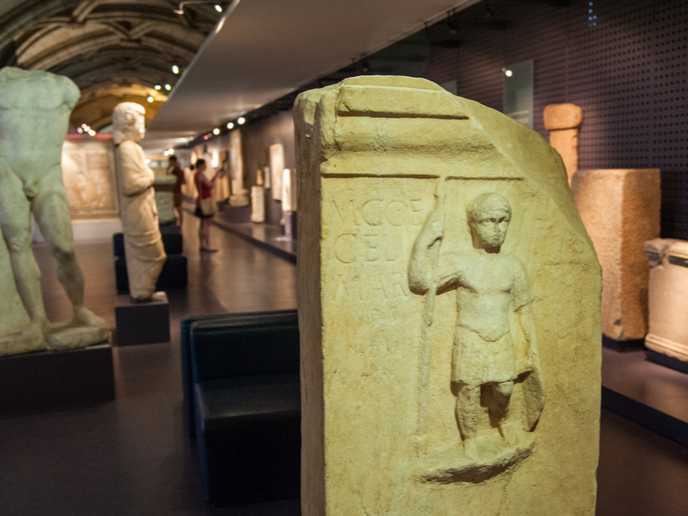Fostering international relations through museums
What better way to foster international relations than through museums? That’s the thinking of the EU-funded project EU-LAC-MUSEUMS (Museums and Community: Concepts, Experiences, and Sustainability in Europe, Latin America and the Caribbean), which used community museology as a means of promoting cooperation between the European Union and the Community of Latin American and Caribbean States(opens in new window) (CELAC). “Museums hold an unequalled responsibility to communicate the shared historic, cultural, political and economic ties between Europe, Latin America and the Caribbean,” says Karen Brown, a researcher at the University of St Andrews(opens in new window), the project’s coordinating partner. “This project leveraged museums’ enormous capacity for reaching all levels of community – from towns to remote villages – and serving as neutral spaces for building social cohesion and reconciliation.” The EU-LAC-MUSEUMS team consisted of leading academics, museum professionals and policymakers elected by the International Council of Museums(opens in new window) (ICOM). These include the Pontifical Catholic University of Peru(opens in new window), National Museum of Costa Rica(opens in new window), Austral University(opens in new window) in Chile, University of the West Indies(opens in new window), University of Valencia(opens in new window) in Spain and National Archaeology Museum(opens in new window) in Lisbon, Portugal.
Museums as a catalyst for change
With the goal of using museums as a means of increasing EU-CELAC relations, the project began by researching the concepts and experiences of sustainability in museums and communities from both regions. This research involved 135 community workshops held in all partner countries. During these workshops, nearly 28 000 participants shared their experiences and thoughts on making museums a catalyst for sustainable development, social inclusiveness and community empowerment. “From this research, we developed new proposals for redefining community museums in ways that accentuate their social role and potential for local development,” adds Brown. Incorporated into the ICOM’s new resolutions, the project’s proposals will help guide the organisation’s future actions and missions. “This resolution marks a moment of change within the ICOM and its understanding of the value of community museums for society,” say the presidents of ICOM Europe(opens in new window) and ICOM Latin America and Caribbean Countries(opens in new window) in a joint statement.
Significant action
In addition to its focus on policy, the EU-LAC-MUSEUMS project was also about taking action. In fact, its in-person, social, media and digital engagement efforts have reached well over 1 million people in 154 countries. To further transcend borders, the project also created an innovative virtual museum. This museum recently supported a series of 3D workshops held across 20 museums in nine different countries. “These workshops helped museum professionals better leverage the power of digital technologies,” notes Brown. Another highlight was a bi-regional youth exchange that the project organised between Costa Rica, Portugal and Scotland. The cultural exchange involved monthly workshops that engaged young people with their heritage, as well as a physical exchange where 24 young people were able to live and learn in one of the participating countries. “The exchange is another great example of how this project turned what we’ve learned about museum community development into concrete actions for further growing EU-LAC relations,” adds Brown. The project is currently working to expand the project’s impact to all potential users, museum professionals and decision makers. “We would like to see other countries benefit from our work, so we are furthering the reach of our travelling exhibitions and shared database,” concludes Brown.



